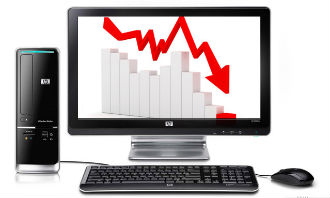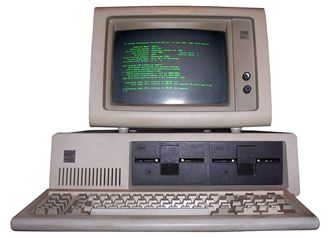 Nearly half of companies are avoiding investing in tech for sales teams because it costs too much.
Nearly half of companies are avoiding investing in tech for sales teams because it costs too much.
Beancounters at CITE Research found that 48 percent of businesses did not want to shell out cash on new tech because it was too pricey. More than 63 percent of UK firms spent at least £1,200 on technology annually per sales representative to equip them with the right tools to do their jobs effectively.
The survey of 400 sales executives in the United States and the United Kingdom was conducted to define what technology stack a modern sales team uses. Apparently this includes smart phones, laptops, CRM systems and web meeting platforms.
Nearly a quarter of respondents said they spend at least £2,400 per sales employee.
The research also highlighted a lack of confidence and expertise in installing new technology, with 34 percent admitting to being worried about the complexity of introducing new tech systems – and 20 percent concerned about a lack of skills in using the tools.
The survey revealed concerns about keeping pace with digital transformation. More than 63 percent of firms said they were worried about the cost and effort needed to maintain systems up to date and more than two-thirds (69 percent) worried about staff training. Other hurdles to tech deployment include cultural challenges, with 34 percent of organisations citing ‘resisting change’ as the main reason for avoiding new tech investment.
The report confirms earlier findings and seem to indicate that some organisations are willing to spend money, but many are in the experimental phase. Other than CRM, organisations are dabbling in a variety of other tools in a trial and error period to decide what is critical for sales people to be more efficient.
The study showed that CRM is still the most frequently deployed tool for sales teams, with 70 per cent of organisations saying they use the technology.



















